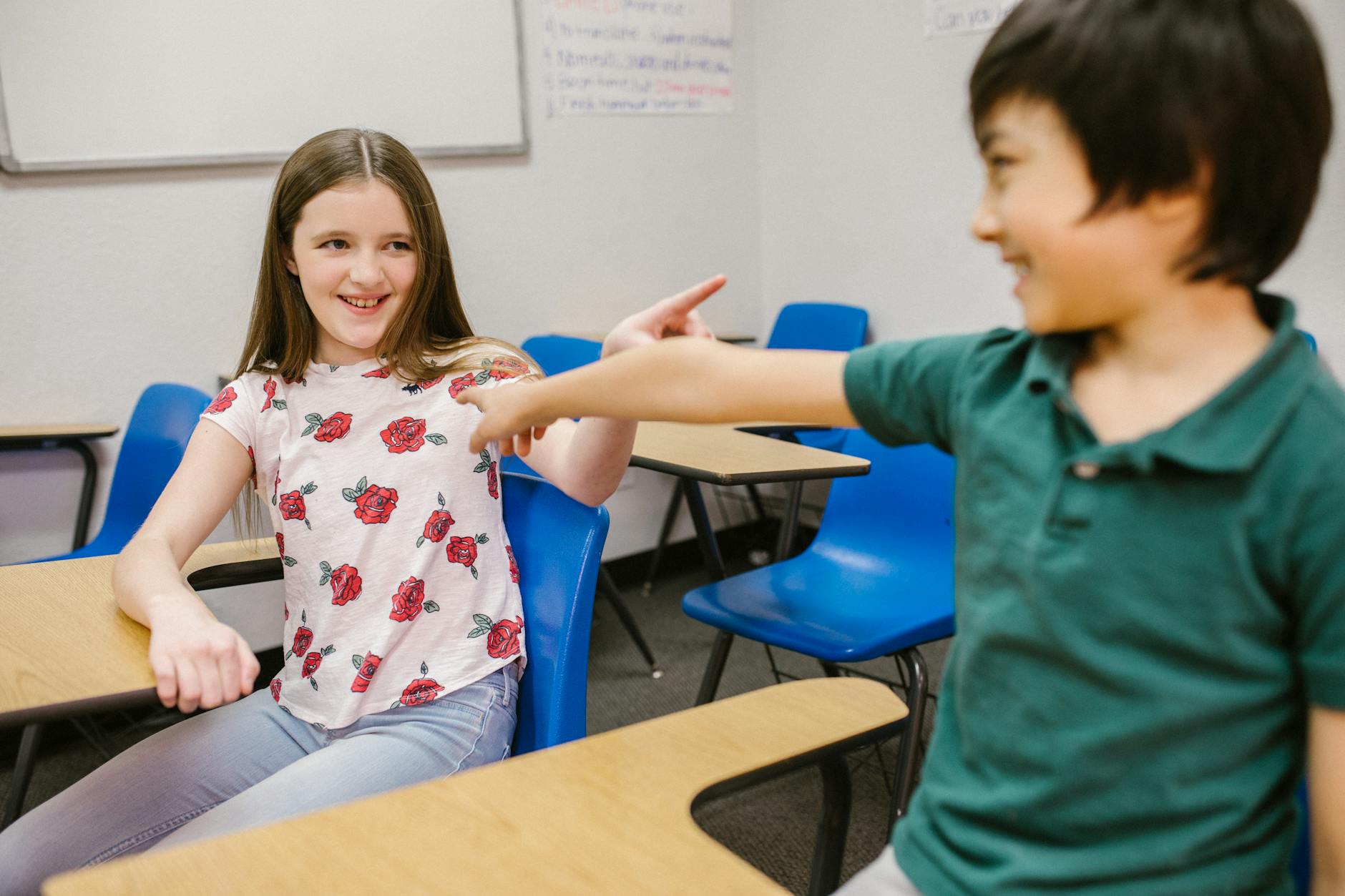Why Strategic Community Initiatives in Australia Are Shifting Towards Educational Integration

Evolving Needs in Community Services
As community services evolve, addressing the growing complexity of societal needs requires strategic shifts. Increased emphasis on early childhood education is becoming paramount, as a foundation in this area can lead to significant long-term community benefits. Traditional service models are giving way to approaches that integrate early educational strategies, allowing organisations like ours to provide more comprehensive support to families. This evolution is evident in Carlton, where community service organizations strive to implement more inclusive programs.
Recognising the role of education in social services, we are moving towards models that incorporate developmental strategies from the outset. To achieve meaningful outcomes, we can enhance our approach by:
- Partnering with educational institutions to gain insights and resources.
- Tailoring programs to include both educational and support components.
- Training our staff to deliver these integrated services effectively.
These steps not only align with strategic goals but also offer a pragmatic way to extend our impact. Such shifts are crucial in keeping pace with changes shaped by global trends, especially in settings as dynamic as Federation Square's networking events, where new ideas and collaborative strategies are born. Implementing these adaptive strategies could bridge gaps and meet the expanding needs of communities, leading to more resilient social service frameworks.
Educational Integration Focus
Benefits of Educational Components
Blending education into community services unlocks a myriad of opportunities. By integrating educational components, community programs can offer more than just immediate support—they cultivate long-term change. For instance, incorporating a Diploma of Community Services within your team can enhance their capability to tackle complex challenges, ensuring impactful interventions. An integrated educational approach fosters critical thinking and equips team members with the skills needed to address the nuanced needs of communities more effectively.
Strategic educational integration enriches service delivery by modelling resilience and adaptability, necessary for thriving in environments with evolving demands. The benefits extend to service users as well. Engaging them with educational aspects can lead to improved life skills, social awareness, and eventually, better societal integration. Key areas to focus on include:
- Developing sustainable learning modules tailored for community needs.
- Creating partnerships with educational entities for precise knowledge transfer.
- Encouraging a continuous learning environment within your organisation to address knowledge deficits.
Networking events at local venues like Federation Square provide fantastic opportunities to connect with like-minded professionals and discuss implementation strategies. By embracing an educational focus, your community initiatives can create substantial, lasting impacts beyond immediate service delivery.
Implementing Education in Programs
Framework Development Steps
To integrate education into community programs effectively, it's vital to develop a strategic framework. Begin by identifying the core needs of your service users. For organisations based around Carlton, this may include partnering with local educational institutions to enhance the depth and scope of offerings. Engage stakeholders through networking events, such as those held at Federation Square, to gather insights and foster collaboration. Once you've identified key areas for educational integration, draft a clear plan outlining the roles and responsibilities of each team member. Incorporating the cert 3 in individual support can provide a transferable standard for personal development, tailoring your approach to both current and future community needs.
Available Training Resources
Utilising available training resources is a cornerstone of successful program implementation. Consider online courses and workshops that can equip your team with the necessary skills, such as the 'Diploma of Community Services'. A blend of in-person and digital platforms can provide both flexibility and depth of learning, keeping your staff engaged. Given Liam’s role, collaborating with community service organisations, you might find particularly useful in sourcing tailored resources that can enhance the expertise of your team.
Monitoring and Evaluation Techniques
Lastly, monitoring and evaluation must be woven seamlessly into your program strategy. Develop quantitative and qualitative metrics to assess the effectiveness of educational integration. Holding strategy sessions near the Royal Botanic Gardens can provide an inspiring environment to review progress and tweak approaches. Regular check-ins ensure that your initiatives remain aligned with both strategic goals and community needs. This continuous process of evaluation and refinement can lead to a sustainable, measurable impact on the community.
Best Practices for Success
Cultivating Community Collaboration
Drawing upon the diverse landscape of Carlton's community service organizations, the key to productive partnerships lies in fostering trust and shared vision. Engaging with local stakeholders through networking events at Federation Square can act as a cornerstone for building these alliances. Encourage open dialogues to harness collective insights and tailor community initiatives more precisely to the evolving needs. This approach not only amplifies impact but also ensures sustained engagement and support across the board.
Harnessing the Power of Technology
Leveraging technology is crucial to overcoming barriers in program delivery. By integrating community service software solutions, organisations can streamline their processes, track progress efficiently, and maintain seamless communication channels. Attend strategy sessions near the Royal Botanic Gardens to exchange ideas on adopting tech-driven solutions that enhance service delivery. It's essential to tailor these technologies to match the diverse cultural and demographic landscape of Melbourne's communities, ensuring inclusivity and accessibility.
Embracing a Culture of Continuous Feedback
Continuous feedback is the linchpin for meaningful program evolution. Establish regular feedback loops with stakeholders, beneficiaries, and team members to gather insights for optimisation. Implement systems that encourage constructive criticism, and consider holding reflective sessions at community hubs like Carlton. This iterative process helps in refining programs, aligning them more closely with real-world needs, and driving transformative change. By embedding a feedback-oriented culture, programs not only become more resilient but also enhance their impact on community transformation.


